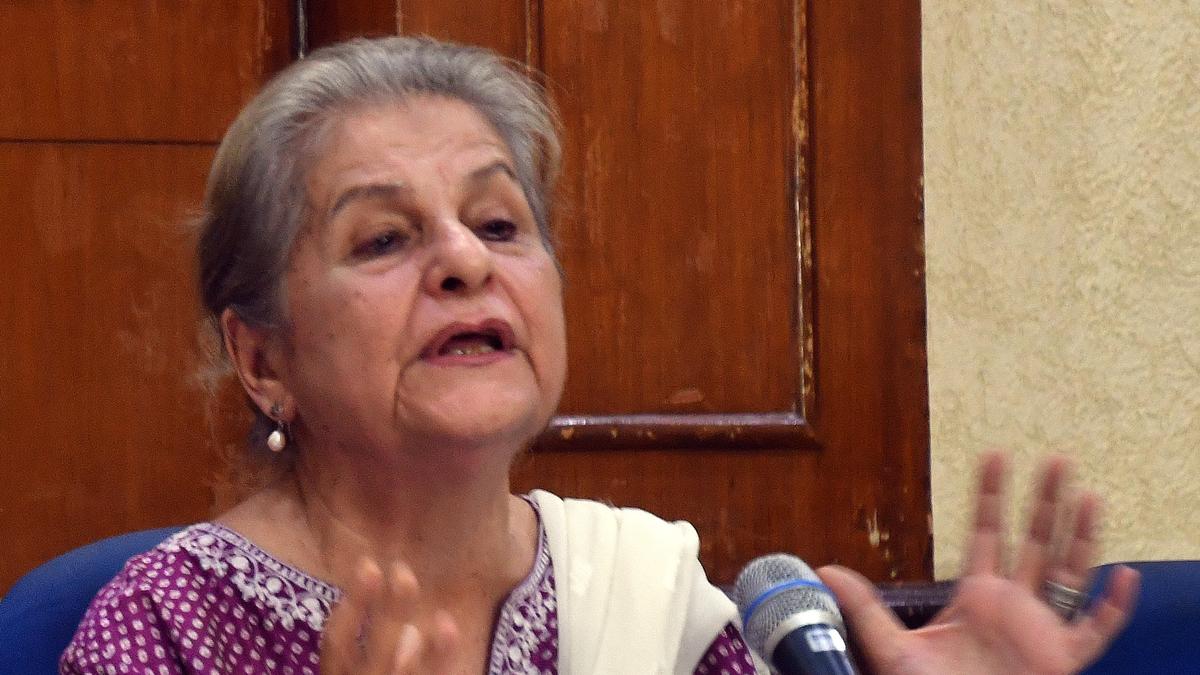The story so far: The Union government has introduced the 130th Constitutional Amendment Bill, under which a Minister will be removed from office if they are arrested and detained for 30 days in relation to a criminal offence.
What does the Bill say?
The Bill seeks to amend Articles 75 and 164 of the Constitution that deal with the Council of Ministers at the Union and State level. It provides that a Minister, who has been arrested and detained for 30 consecutive days in relation to an allegation of committing an offence, which is punishable with imprisonment of at least five years, shall be removed from his/her office. They would be removed on the advice tendered by the Prime Minister/Chief Minister (PM/CM). If the PM/CM does not tender such advice, the Minister concerned shall automatically cease to hold office from the 31st day. If the PM/CM is arrested and taken into custody for 30 consecutive days, he/she shall tender his/her resignation on the 31st day. However, the PM, CM, or Minister can be subsequently appointed on being released from custody. It also seeks to amend Article 239AA with similar provisions for the National Capital Territory of Delhi. These amendments to the Constitution would require a two-thirds majority in both houses of Parliament for its passage. Similar amendments have been proposed to parliamentary laws that govern the Union Territories of Jammu & Kashmir and Puducherry. These Bills have been referred to a Joint Parliamentary Committee (JPC) for scrutiny.
What are the existing laws?
The Representation of the People Act, 1951 (RP Act) provides that any person who is convicted in a criminal case and sentenced to not less than two years in jail, shall be disqualified from being a member of Parliament or State legislature for the period of their sentence and six years thereafter. Section 8(4) of the RP Act provided that with respect to a sitting member of Parliament or State legislature, such disqualification shall not take effect if an appeal is filed against such conviction. However, the Supreme Court in Lily Thomas (2013) struck down this clause as unconstitutional. It must be noted that the existing law only provides for disqualification for being a member of Parliament or State Legislature and not for being a minister.
In 2016, the Election Commission had recommended that the RP Act be amended to provide that persons against whom charges are framed by a competent court for an offence that is punishable with imprisonment of at least five years be barred from contesting elections.
What are the issues?
Firstly, it will result in elected representatives losing their position by mere police action even before the start of a trial. Secondly, it undermines the principles of parliamentary democracy where the elected PM, CM enjoys the power to choose their cabinet. Finally, it gives the Centre disproportionate power to initiate vindictive action against ministers in opposition-ruled States.
What should be done?
Criminalisation of politics is a malaise plaguing our democratic system. However, the issues surrounding the Bill need careful consideration.
Moreover, the Bill seems to try to address the effect than the cause. Reports by the Association of Democratic Reforms states that 46% of MPs and 45% of MLAs have criminal cases against them. It added that the chances of winning for a candidate with a criminal background was 15.4% as against just 4.4% for a candidate with a clean background. An appropriate step then would be to not field candidates who have criminal records. Parties should instil this self-discipline rather than provide tickets to tainted candidates on the ground of ‘winnability’.
Rangarajan. R is a former IAS officer and author of ‘Courseware on Polity Simplified’.



.png)
.png)
.png)
















 8 hours ago
3
8 hours ago
3









 English (US) ·
English (US) ·